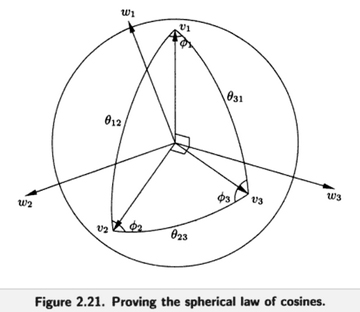In the Stanford Encyclopedia of Philosophy there is an entry on mathematical explanation.
The basic philosophical question is: What makes a proof explanatory?
Two main "models" of mathematical explanation are mentioned:
1) Steiner's model, which asserts that an explanatory proof can be distinguished from a non-explanatory proof if only the explanatory proof contains a so-called "characterizing property", which is (roughly) a property unique to a particular entity or structure in a family of structures. Here `family' is taken as primitive. (For a more complete description, follow the above link.)
2) Kitcher's model, which asserts that a proof is explanatory if it provides a unification of disparate methods. (Again, follow the link for a more complete discussion.)
Philosophers of mathematics find neither of these models adequate. The above philosophical accounts of mathematical explanation proceed from the top down, but in each case it has been possible to find good examples of mathematical explanations which don't fit. Quoting the linked entry above:
Recent work has shown that it may be more fruitful to proceed bottom-up, by first providing a good sample of case studies before proposing a single encompassing model of mathematical explanation.
I confess, I've been unable lately to figure out how to ask a good `philosophy of mathematical practice' question here on MO and so this is my attempt to do so. I think we can provide the philosophers (and each other) with a storehouse of proofs that are also excellent explanations, and reason why we think so. If this works, I may send the link to Paolo Mancosu as a gesture of good will toward the philosophers who are studying contemporary mathematical practice.
Please volunteer an example of an excellent explanatory proof, and the reason you think the proof also provides a good explanation of the phenomenon it deals with.
Since the philosophers are looking for case studies, I think that a link to the proof in question will be enough (if the proof is not short). I'm sure that you can be contacted later to explain.
(I'm still not sure if philosophical language is appropriate for MO, but the above question has clear value and will admit precise mathematical answers!)

